Will the Apple Watch ever break its ties to the iPhone?

On Friday, Apple started taking pre-orders for the Apple Watch Series 7 and the timepiece will be released this coming Friday. The device is at the center of Bloomberg writer Mark Gurman's weekly Power On newsletter. Gurman takes us on a trip back in time to before Steve Jobs' introduction of iCloud in 2011 to discuss how the Apple Watch still relies on its relationship with users' iPhones.
As Gurman points out, the iPhone, iPad, and iPod originally received their content (such as photos and videos) from the Mac. When setting up and activating any of those three devices, a Mac with iTunes was required. But things changed when the late Steve Jobs unveiled iCloud which meant that new iPhone and iPad units could be set up and activated without a computer.
Apple could generate more sales of its timepiece by cutting the umbilical cord attaching it to the iPhone for set up and activation
Apple Watch owners might know where we are going with this. Even at this point in its life, the Apple Watch requires an iPhone to be set up, activated, sync data, and more. As Gurman points out, this is not the experience that Jobs had wanted. His goal was for every Apple device to be able to stand on its own two feet.
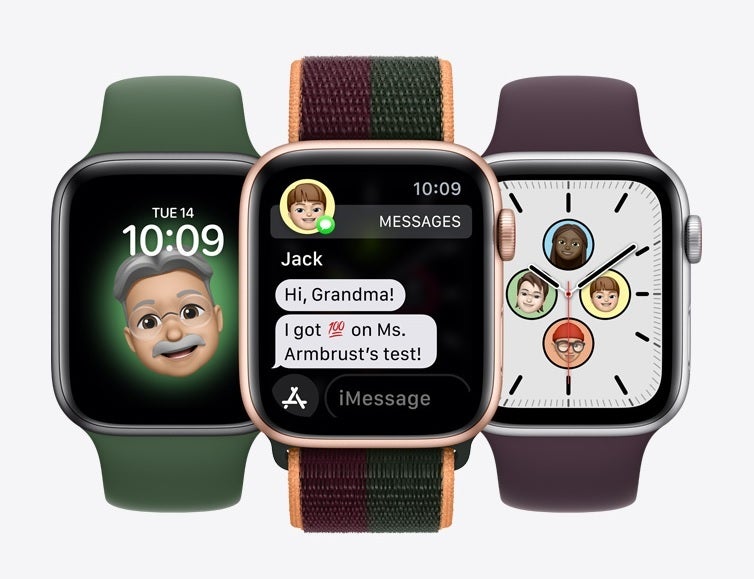
Apple Watch Series 7 will be released this coming Friday
It's not that Apple hasn't tried to wean its smartwatch off of the iPhone. Perhaps the most important was the 2017 release of the Apple Watch Series 3 which was the first model to be available with an LTE cellular connection. This meant that the infamous Johnny Appleseed could accidentally leave his iPhone at home, and still use his Apple Watch.
But the main point here is that despite strong sales of the Apple Watch, which outsells those regal Swiss names that have been around for generations, without an iPhone you cannot set up and activate an Apple Watch. Thus, the popularity of the product has been achieved with one hand tied behind its back. Making the Apple Watch totally independent would require it to download data from the cloud and get activated by the user's wireless provider.
The bottom line is that the device could become a larger part of Apple's business as Android users and others who aren't beholden to the Apple ecosystem become potential Apple Watch buyers. This, Gurman says, would require Apple and the carriers to work out a way to offer service to the device as a stand-alone product.
Tim Cook teases Apple's next big thing
Other additions to the watch that the Bloomberg scribe says would be necessary for the product to gain its independence include a version of Safari for the device. This writer would love to see that too, although it would be limited in scope. And Gurman also says that the Apple Watch needs to be able to multitask while on a call. Currently, you must hang up a call on the watch in order to open another app.
It's up to Apple to put the wheels in motion for a truly independent Apple Watch.
Since this week's Power On references Steve Jobs (could a decade really have passed since his death?), the letter that Tim Cook recently sent to Apple employees to observe the tenth anniversary of his predecessor's passing contains a tantalizing morsel. Cook said, "Most of all, I wish he (Jobs) could see what you (Apple employees) do next. That sounds like Cook is saying that the next big thing from Apple will truly be a big thing.
Could the executive be referring to the eagerly awaited AR glasses? Or perhaps a foldable iPhone is the next big thing. And this past week we passed along news about a patent Apple applied for relating to a rollable or pullout iPhone display. No matter what this next big product is, Tim Cook makes it sound as though it will be something that Jobs would have been very proud of which happens to intrigue us greatly.
Follow us on Google News



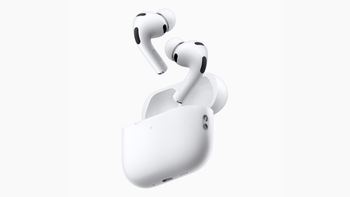
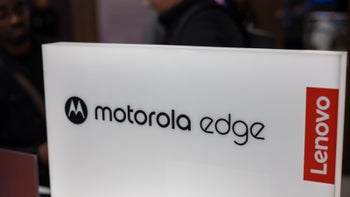
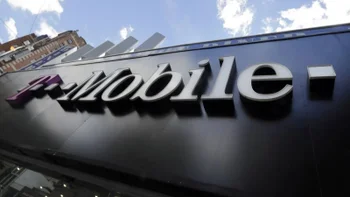
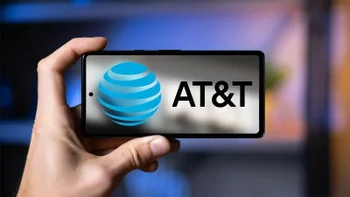
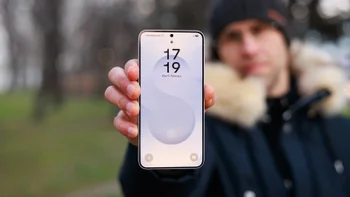
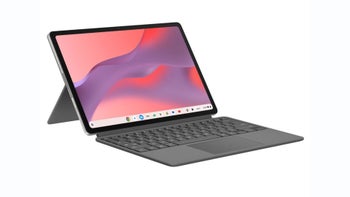
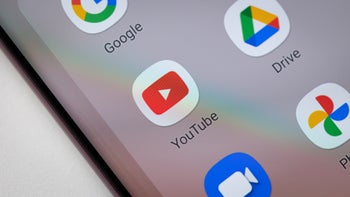
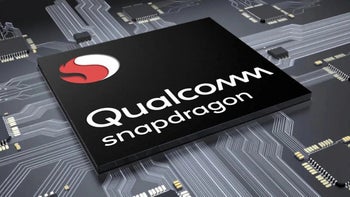
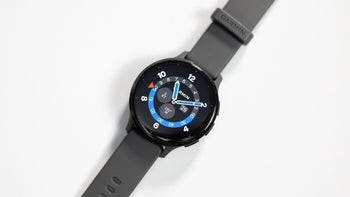
Things that are NOT allowed:
To help keep our community safe and free from spam, we apply temporary limits to newly created accounts: